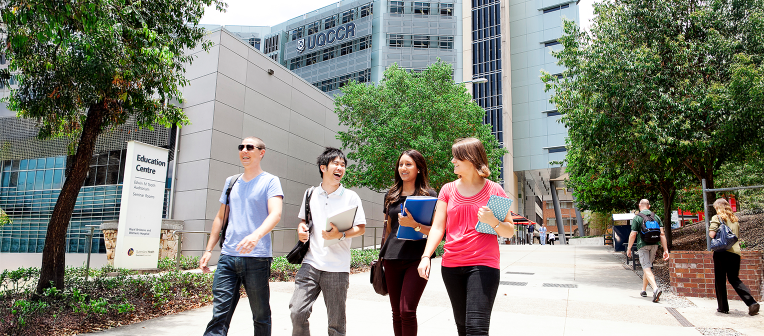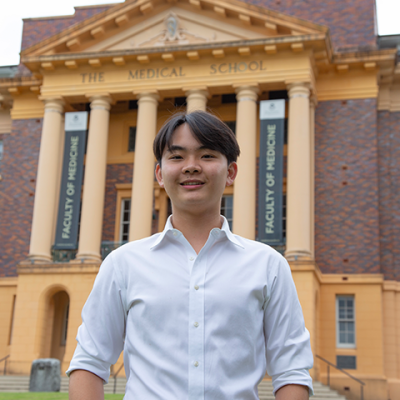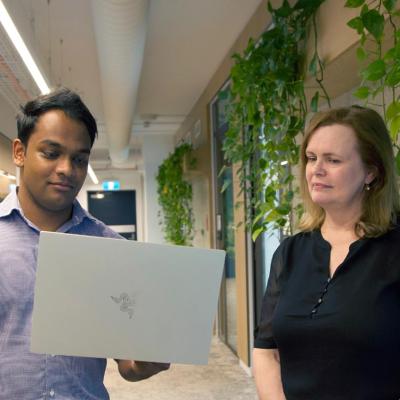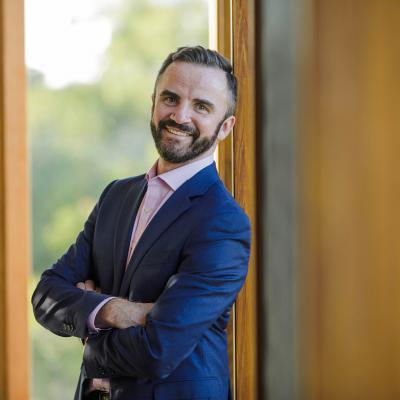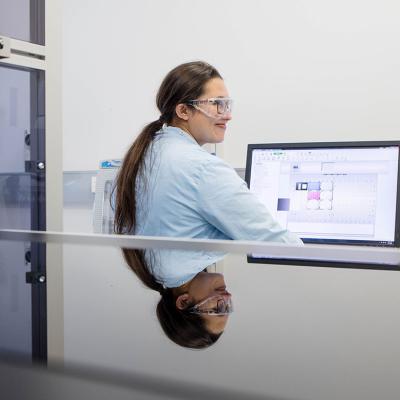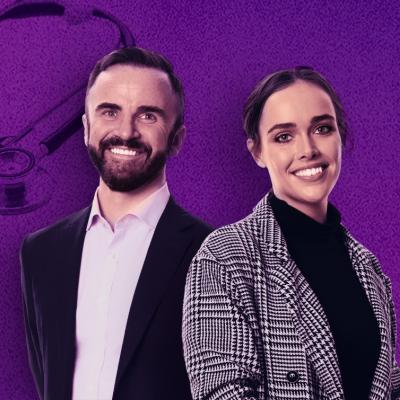Kevin has just finished his first year of the Doctor of Medicine (MD) program here at UQ, so we sat down with him to find out how he’s managed the transition from undergrad to the MD. He shares some of his most memorable highlights and tips for navigating first-year medicine.
Watch this Instagram video of the highlights from Kevin's journey in medicine in 2024.
How was the transition to the Doctor of Medicine?
The transition from undergrad to med school was definitely challenging. The workload increased a lot going from undergrad to med school, which initially felt quite overwhelming.
Thankfully, UQ really helped me settle in with orientation weeks, group sessions and many social events. Especially in the first few weeks of the program, there are many classes on how to study and deal with stress. It's tough at first, but once you develop the right routines and habits and start to adapt, the sense of accomplishment is rewarding.
"Looking back, the challenges of transitioning to med school taught me the value of time management, resilience and adaptability. Overall, it was an amazing and fulfilling experience."

UQ medical students take part in practical learning from their first year
What was something you didn’t expect?
One thing I didn't expect was how hands-on the learning is right from the start. We have team-based classes where we discuss topics in small table groups, which helps us understand and solidify new content. In history and examination classes, we learn the foundations of taking a patient history and physical examinations, which I really enjoyed as it’s a very practical learning process.
There are also anatomy labs where we learn from real cadavers and a variety of medical specialty-focused workshop events where we can learn new skills, such as suturing. As someone who likes to learn by doing, this really helped me remember the content better and made the learning process much more engaging.

What’s been a highlight of the year?
One of my favourite parts of UQ medicine this year has definitely been the people. I think that having like-minded friends who are all in the same boat is crucial as it helps everyone navigate the stresses and triumphs of med school together.
Throughout the year, I’ve met friends from across Australia and all over the world, and everyone's been super fun and supportive. Whether it was during classes or study sessions, meet-ups or med events, I’ve built strong friendships and a great support network that kept me motivated and accountable.
"Honestly, the friends I've made here have been a huge part of what's made this year so great."
What’s been a key to successfully navigating first-year med?
I think the best thing you can do is find a personal organisation system that works for you. As things got really busy, I used digital calendars, to-do lists and note-taking apps to keep on top of all the studying, which really helped me clear up my mind and focus.
Developing a solid, sustainable routine over the year also made things feel a lot more manageable and it meant I could balance my learning with my hobbies and other interests.
Finally, regularly reflecting on what’s working and what I can improve has helped me optimise my learning processes and wellbeing, stay adaptable and grow both academically and personally throughout the year.
Explore the Doctor of Medicine and undergraduate health and medicine programs at UQ.

